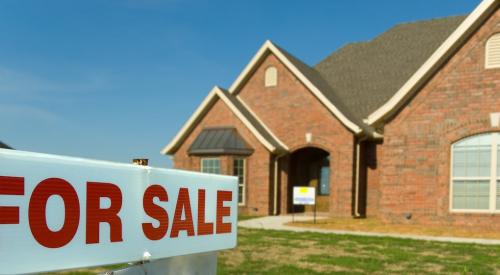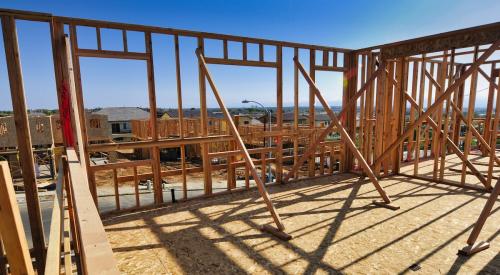With nearly 40% of homes selling over asking, many buyers play guessing games with their bids. A family of two told The New York Times that they thought their offer of $850,000 for a $799,000 home in Berkeley, Calif. would suffice, but the property sold for a whopping $1.4 million. Roughly 80% of homes in Berkeley have sold for more than asking price and it’s the most overbid metro in the country with homes selling for an average 19% over asking. Brokers in the Bay Area have a tactic: they underprice homes to draw in as many offers as possible, often resulting in homes selling for well over asking.
Mr. Stea said that while he was surprised the Rockridge home went for as much as it did, he knew it would go for well above the asking price. “I’m a true believer in that the market will always tell the truth,” he said.
The strategy is to create something of a blind auction where buyers try to puzzle out a number that the sellers’ will actually accept and a number that’s higher than all the other offers. It’s a local quirk that everyone seems to acknowledge is just the way that things are done here.
Jodi Nishimura, a Compass agent based in Oakland, said she was surprised when she moved to the area from New York in 2002 and saw how listings were priced lower than their worth, usually around 10 percent less at that time. “It wasn’t common to see homes go for 50 percent over the listing,” she said. The Covid housing boom has made things worse, she said, with certain homes — particularly ones with great outdoor space — selling for huge premiums, well above their listed prices.
Buyers tend to loathe the underpricing — describing it as everything from “a sick game” to “bizarre.” But brokers say it works well for sellers. “Sellers want to keep the bidding war blind,” said Mr. Stea, who had the Rockridge house that sold for more than $1 million over asking. “But it disfavors buyers because they’re shooting in the dark.”













